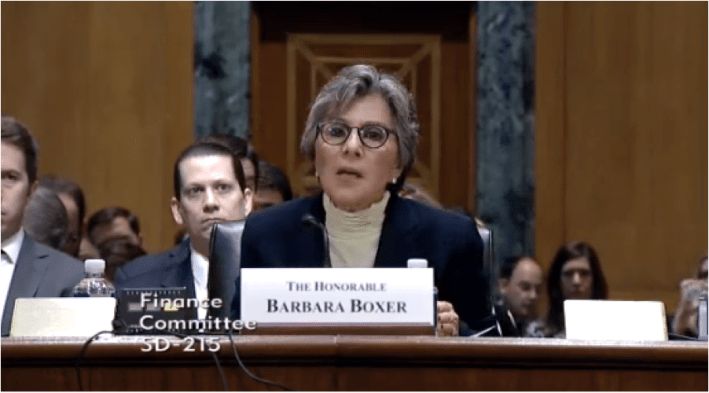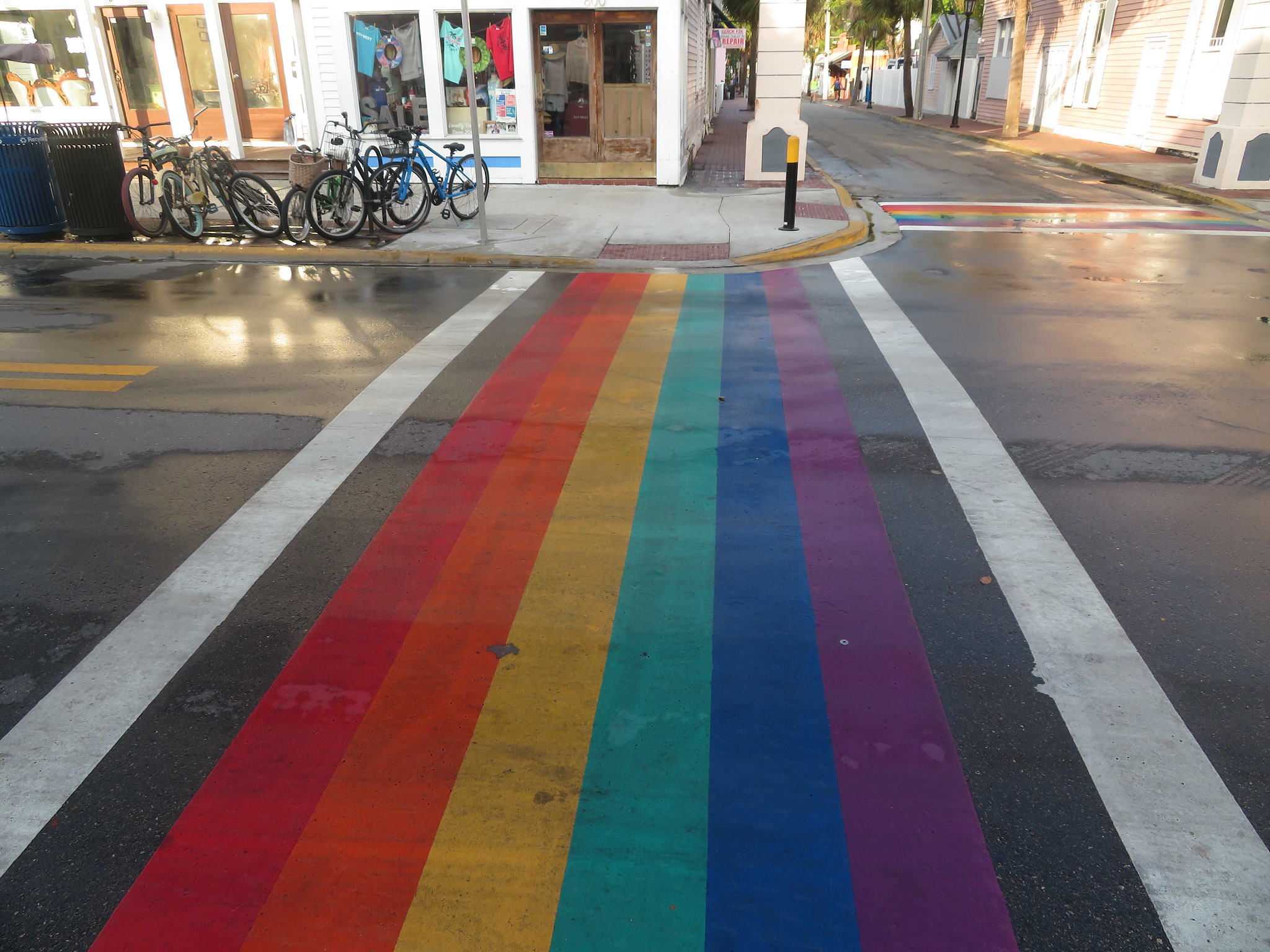The Senate Environment and Public Works Committee is on the verge of releasing its proposal to reauthorize the federal transportation program until 2021. But it's counting on the Senate Finance Committee to figure out how to pay for it. And that committee seems disturbingly far from an answer.

The Highway Trust Fund (yes, that’s still what it’s called) is projected to run out of money in August. U.S. DOT is planning to slow down reimbursements to states this summer and is hoping that Congress will act to prevent the agency from taking austerity measures in the next fiscal year.
Without more cash, Joseph Kile of the Congressional Budget Office said, highway spending would have to decrease by more 30 percent over next decade and transit spending would drop by at least 65 percent.
The EPW Committee is getting ready to unveil its bill any day now, a six-year bill at current funding levels plus inflation. (That's the same formula as the current bill, meaning transportation investment would be stuck at 2009 levels until 2021 without getting a raise, despite much angst over the nation's diminishing performance in global infrastructure rankings.)
Current levels-plus-inflation is the middle ground between aligning spending with meager gas tax revenues and investing at the levels that would actually make a difference in the state of U.S. infrastructure. At least the committee is planning a long-term bill, which can give states and cities a little more assurance that they can plan around the federal contribution.
But as EPW Chair Barbara Boxer told the Senate Finance Committee this morning, her bill requires Finance to find $18 billion next year alone to fill the holes in the Highway Trust Fund. And the senators on the Finance Committee haven’t given any indication that they have any better idea than the rest of us where that money’s going to come from.
Committee Chair Ron Wyden (D-OR) spoke passionately about the need to increase infrastructure investment but didn’t endorse any means of doing so. “Some proposals offered over the last few months, like using new tolls on existing roads or charging motorists based on the number of miles they drive, raise questions about privacy and feasibility that would need to be answered,” he said.
He didn’t come up with any other suggestions other than “getting private capital off the sidelines” by stimulating more public-private partnerships. And as Sen. Tom Carper (D-DE) emphasized later, attracting private investment isn’t a substitute for public funding. End of story.
Meanwhile, top committee Republican Orrin Hatch of Utah knocked down the idea of using corporate tax repatriation -- part of President Obama’s plan -- to pay for transportation infrastructure. He said a move like that should be part of a broader tax reform effort. “Personally, I would like to preserve the user pays system to prevent our federal infrastructure program from becoming another tax extender dependent every year or two on an infusion of cash from the general fund of the treasury,” Hatch said.
But did Hatch take that opportunity to get behind a 10- or 15-cent gas tax hike? Of course not. Instead, he took aim at the “bike paths and other so-called enhancements” that voraciously consume an insignificant fraction of federal transportation funding. (The precise size of that fraction is harder to quantify than it used to be, now that states can so easily wiggle out of their responsibility to fund even the bare minimum in pedestrian and bike safety infrastructure.)
Terrifyingly enough, Boxer responded by saying somewhat cryptically that the EPW bill does “move around some funds within” and even “away” from the Highway Trust Fund.
“Considering what Sen. Hatch said, there are some things we think we can move away, and we came up with some good funds to do some interesting things,” she told the committee.
Boxer is, at least, behind a specific funding idea: replacing the at-the-pump gas tax with a wholesale tax upstream. She calls it an “easy solution.”
Virginia Transportation Secretary Aubrey Layne made a plea for all modes to get strong, sustainable funding in the next bill, noting that Virginia counts on federal funding for more than half its transportation expenditures.
“The trust fund is not only the only pending emergency,” Layne said. “Key transportation programs are left out of the trust fund and go through the appropriations process. TIGER grants, New Starts, and passenger rail are just as important to us as federal trust fund revenues. Unfortunately, we don’t know from year to year whether these programs will exist or how much will be funded.”
Jayan Dhru of Standard & Poor's and Samara Barend of AECOM Capital made the case for greater federal stimulation of private investment -- Dhru said private investors are looking to double infrastructure’s proportion of their portfolios from 2 percent to 4 percent, and Barend said at the very least, private activity bonds should not be allowed to expire -- but the fact remains that private investors expect a return, and taxpayers often end up carrying the risk while corporations reap the rewards.
Not surprisingly, the Cato Institute’s Chris Edwards proposed ramping down the federal program and letting states raise their own revenues by instituting electronic tolling, raising fuel taxes, or privatizing infrastructure. He also added, for good measure, that he’d be in favor of reducing federal transit spending, though he acknowledged that that proposal “is not going to be popular with some senators.”
In short, none of the invited witnesses offered senators any magic bullets for infrastructure funding, and none of the senators on the Finance Committee made any suggestions. Even Carper, one of the few lawmakers to come out boldly in favor of a sizable gas tax increase, was mum on that proposal today.
As the deadline approaches for action -- with the consequence that the federal government could start bouncing checks to states -- it’s disconcerting to see the Finance Committee so far from a solution.





